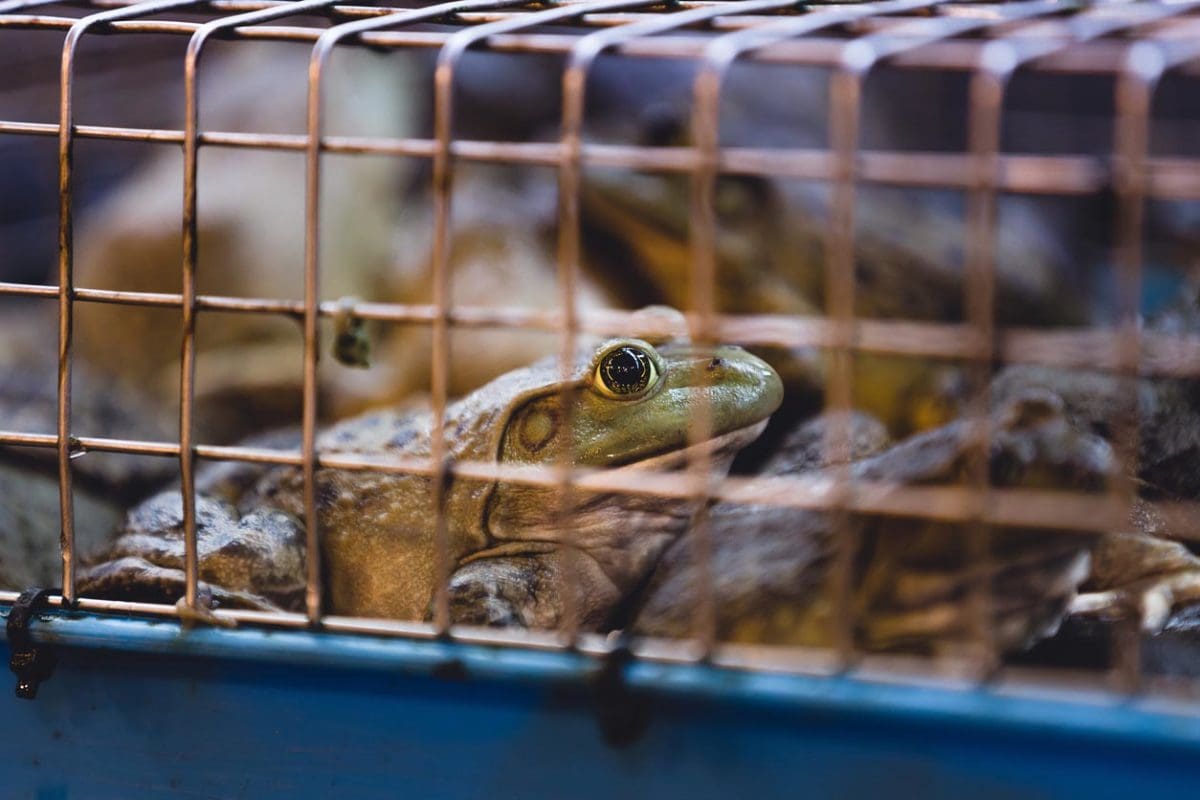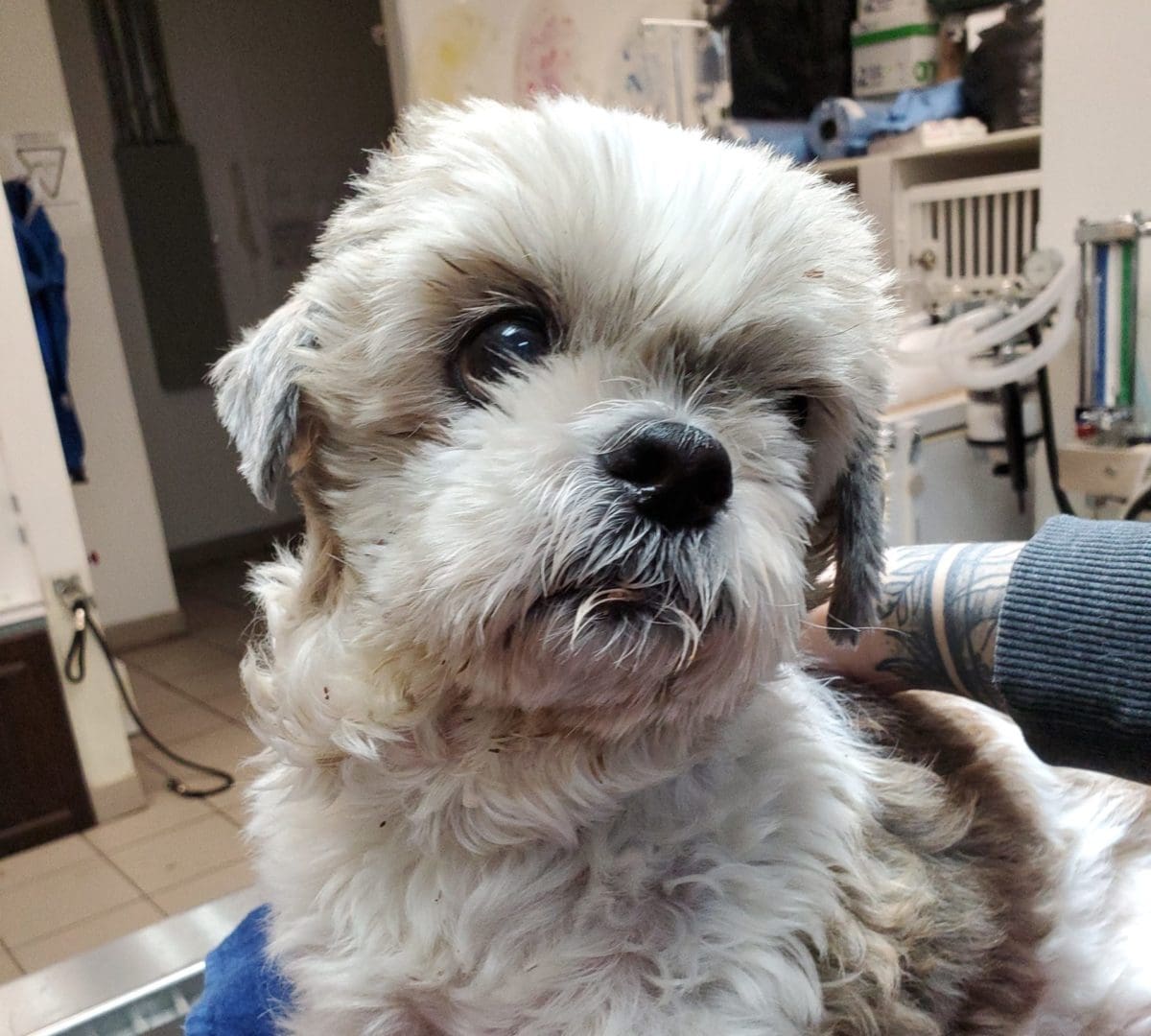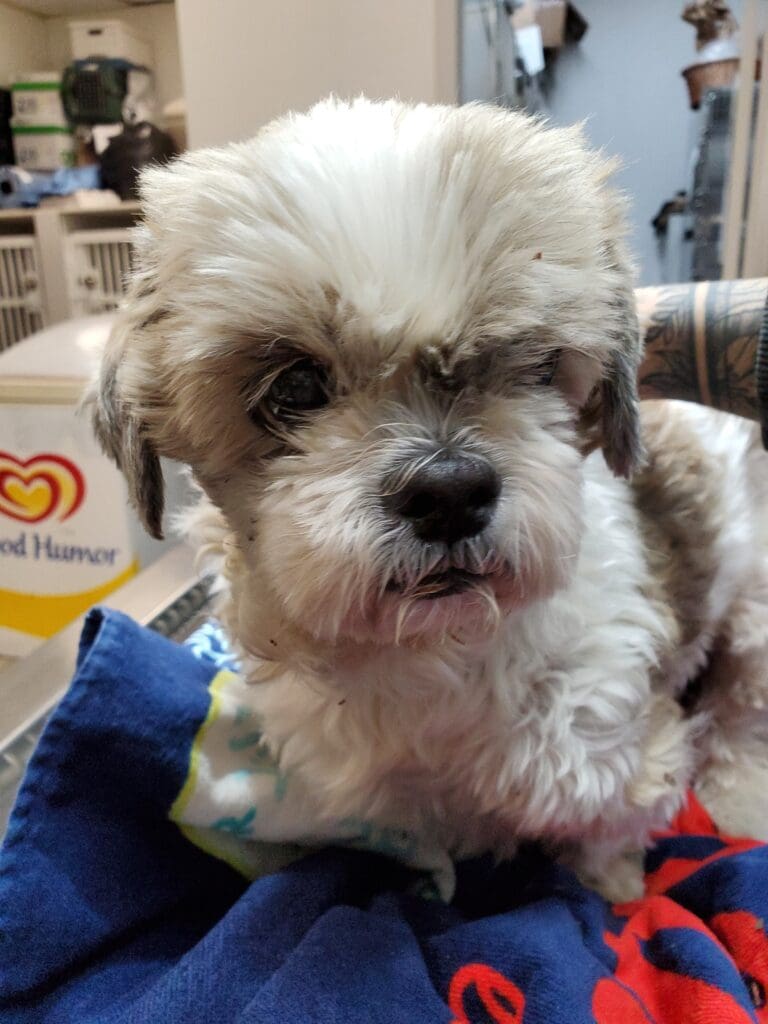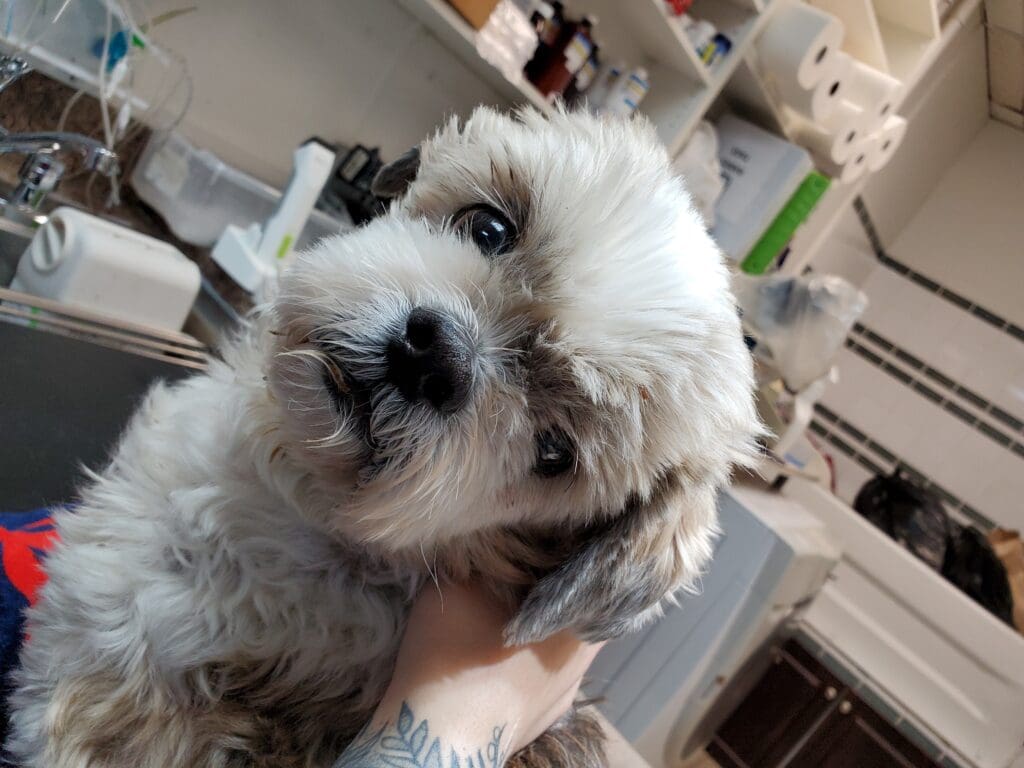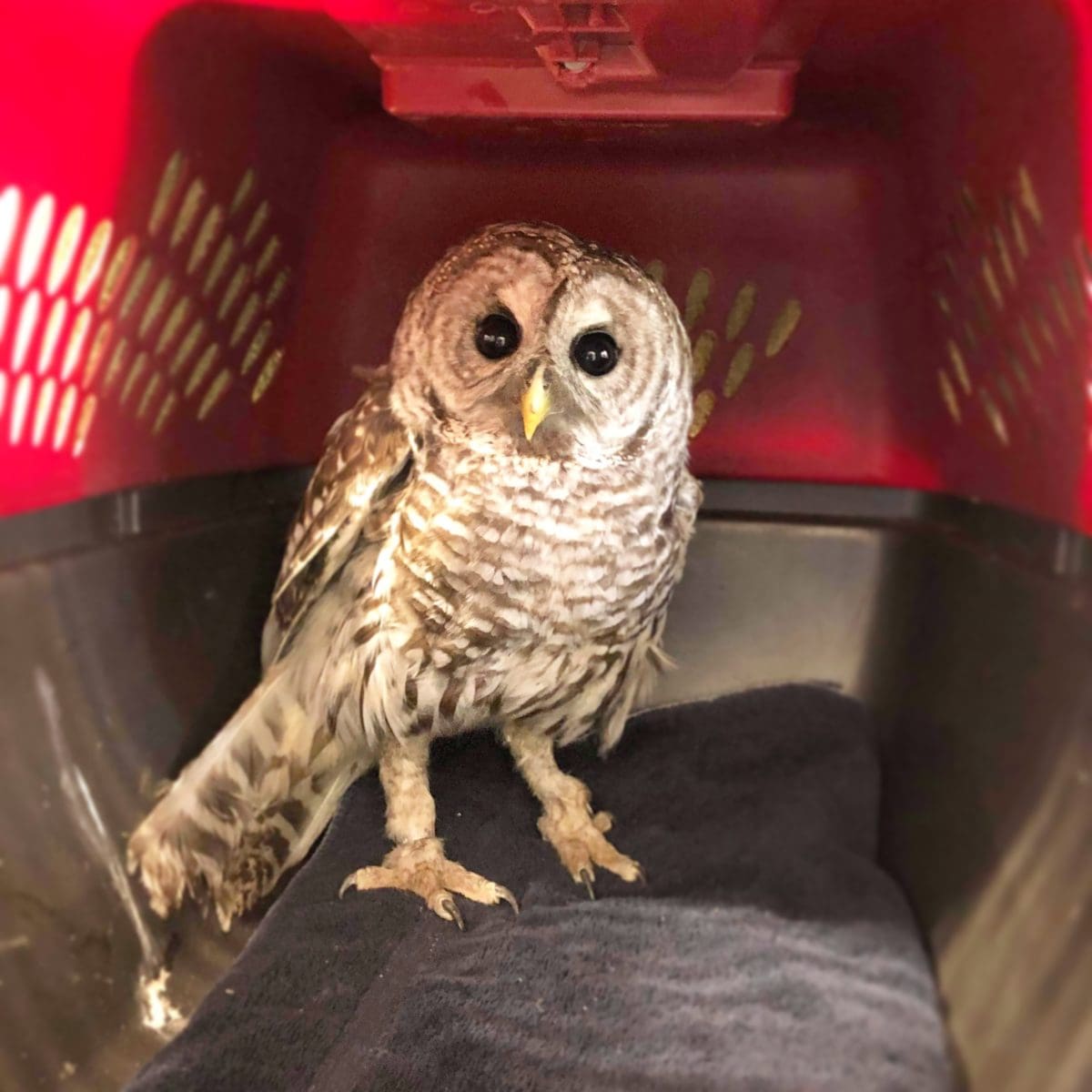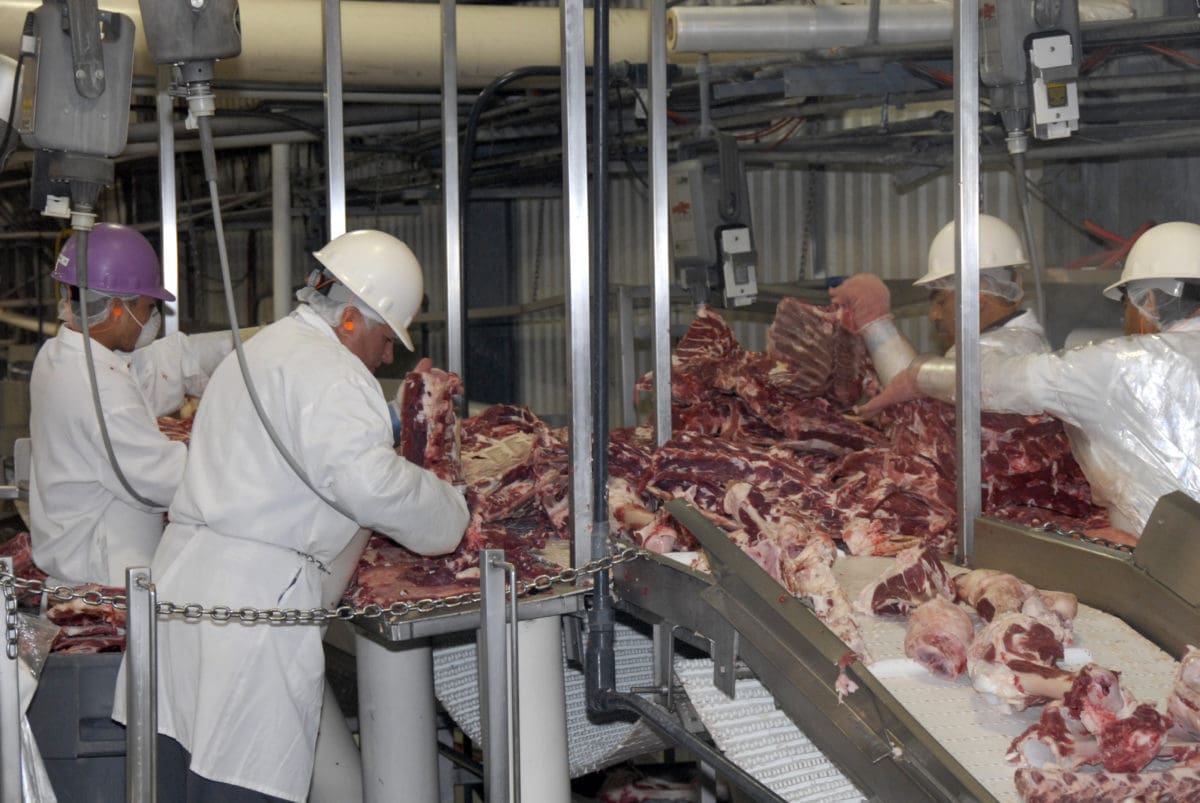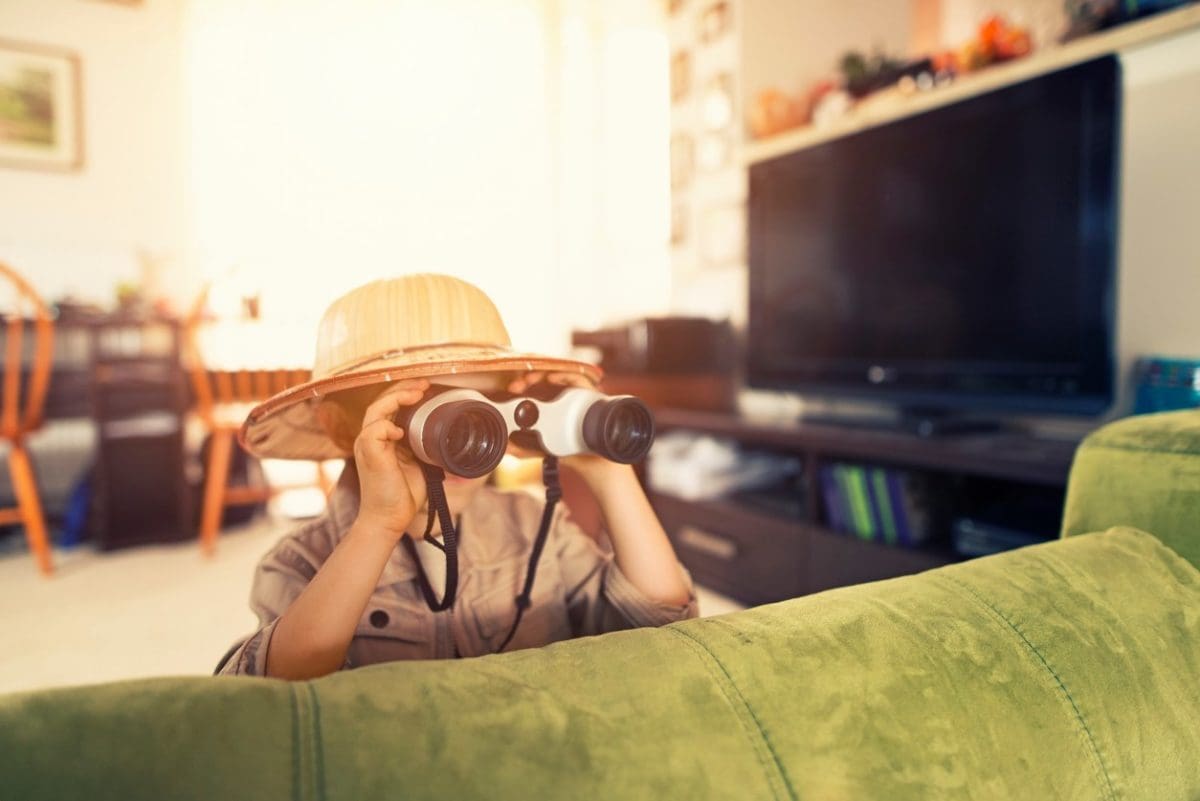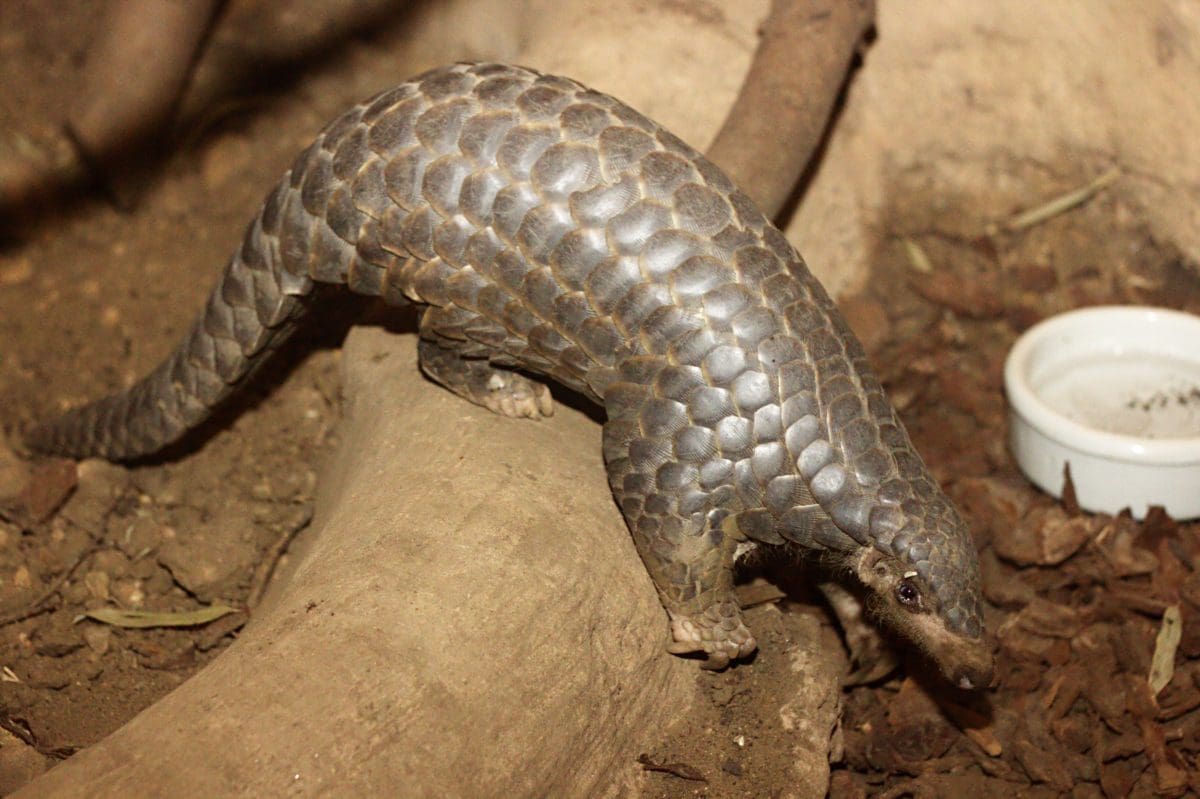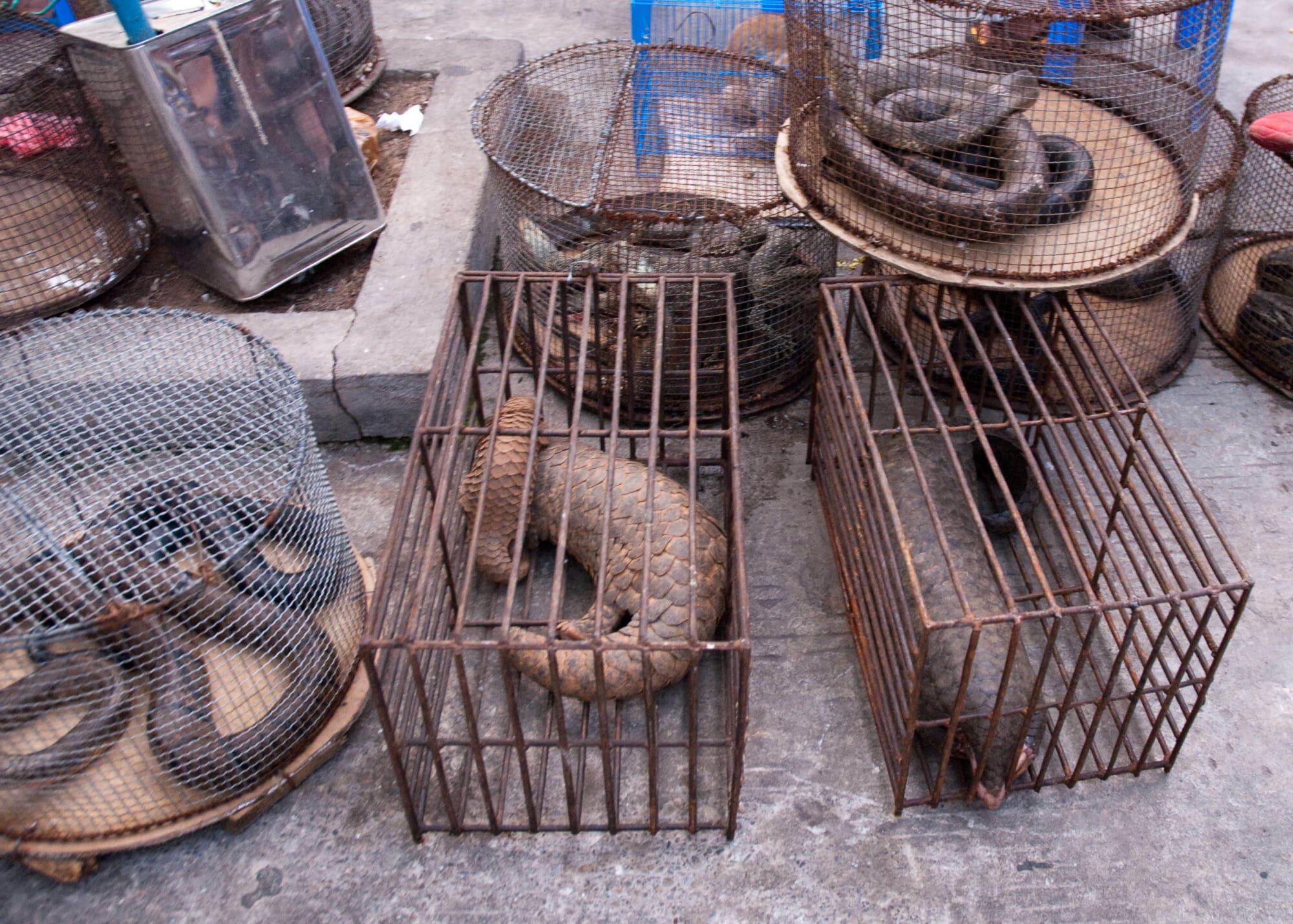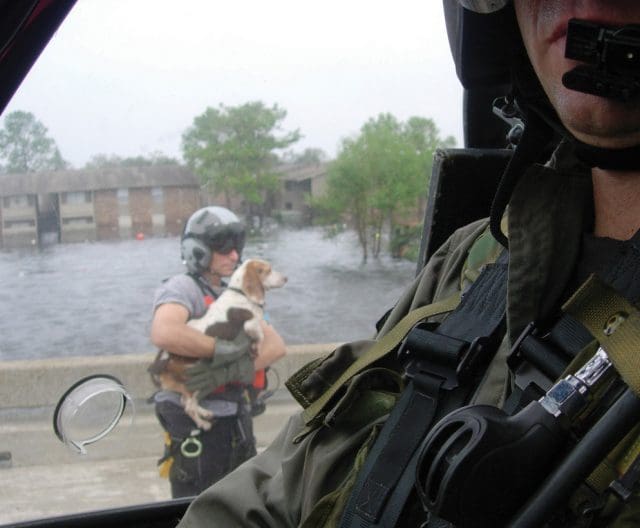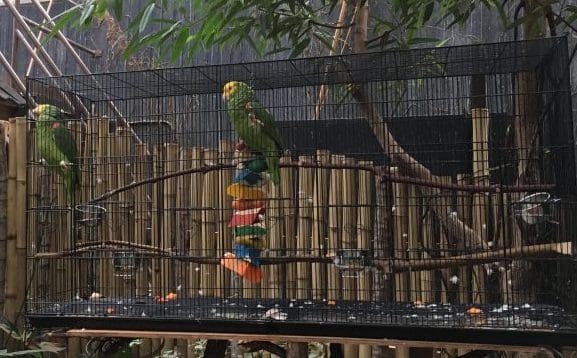Article originally published on Daily Hive.
The death of six horses in last year’s Calgary Stampede chuckwagon race may have marked a turning point in public support for the event, with even die-hard chuckwagon fans calling for change.
The key question, however, is whether corporate sponsors of the race will continue to support an event that attracts negative headlines and public outrage virtually every year.
More than 70 horses have died in the event since 1986 and none of the much-publicized safety initiatives, rule changes, and reforms announced by the Stampede has made any difference.
The horses keep on dying.
Yet, on March 19, Calgary will again host the annual GMC Rangeland Derby canvas auction, in which companies will bid to advertise on the tarps covering the chuckwagons that will compete in July’s races at the Stampede.
The bidding companies tend to be local, with many involved in construction or the oil and gas industry. With relatively strong local support for chuckwagon racing, the companies are unlikely to face consumer pressure to distance themselves from the event, despite the annual horse carnage.
But General Motors Canada, which is the title sponsor for the chuckwagon race, is a national and international brand. While associating that brand with the macho “half-mile of hell” might have made sense 30 year ago, does it still?
There have been clear signs that society is growing uncomfortable with the use of animals in entertainment: Ringling Bros. Circus has gone out of business, SeaWorld no longer features orca whale shows, and Canada has banned whale and dolphin captivity. And, according to a 2019 poll by Research Co., a majority of Canadians (59%) are opposed to rodeos.
Meanwhile, General Motors seems to be adopting a more progressive brand. In 2017, the company announced that “General Motors believes the future is all-electric,” ending its century-long relationship with gasoline and diesel. In addition, GM has launched a major “diversity and inclusion” initiative to increase the number of women and minorities it employs. If that’s a brand that’s looking to the future and aiming to broaden its appeal, where do chuckwagon races and dead horses fit?
Yet GM Canada continues to sponsor not only the Calgary Stampede chuckwagon race, but also a number of other races organized by the World Professional Chuckwagon Association (WPCA). Although media attention has focused on horse deaths at the Stampede, horses have also been killed at WPCA races in several prairie towns, including one in Medicine Hat in 2017, two in Bonnyville in 2012, and four in Grand Prairie in 2009.
Perhaps GM Canada believes the rugged machismo of chuckwagon racing will still resonate with some of its customers, making it worth associating with the event. But, brand values aside, there remains an ethical question: How can the company support an event that every year puts animals at undue risk of injury and death just to amuse a crowd?
While the Calgary Stampede and its supporters have ignored the arguments made by animal advocates against the chuckwagon race for decades, it is harder to ignore independent academic research that examines animal welfare in the race.
A 2017 study of the Stampede’s chuckwagon race by Professor Kevin Young at the University of Calgary concluded that “there are obvious and acknowledged examples of harm/abuse toward the animals involved.”
Professor Young also addressed the Stampede’s program of safety and rule changes, describing it as being “as much about marketing and public image as it is about animal safety, especially in the face of ongoing harm to horses.”
The study simply confirms what facts and common sense tells us: The chuckwagon race kills and injures horses for the sake of entertainment and the Stampede has failed to stop it.
There are good branding and marketing reasons for GM Canada to reconsider its sponsorship of chuckwagon racing, but the ethical case is even stronger.
They should do the right thing and stop supporting this gruesome spectacle.

